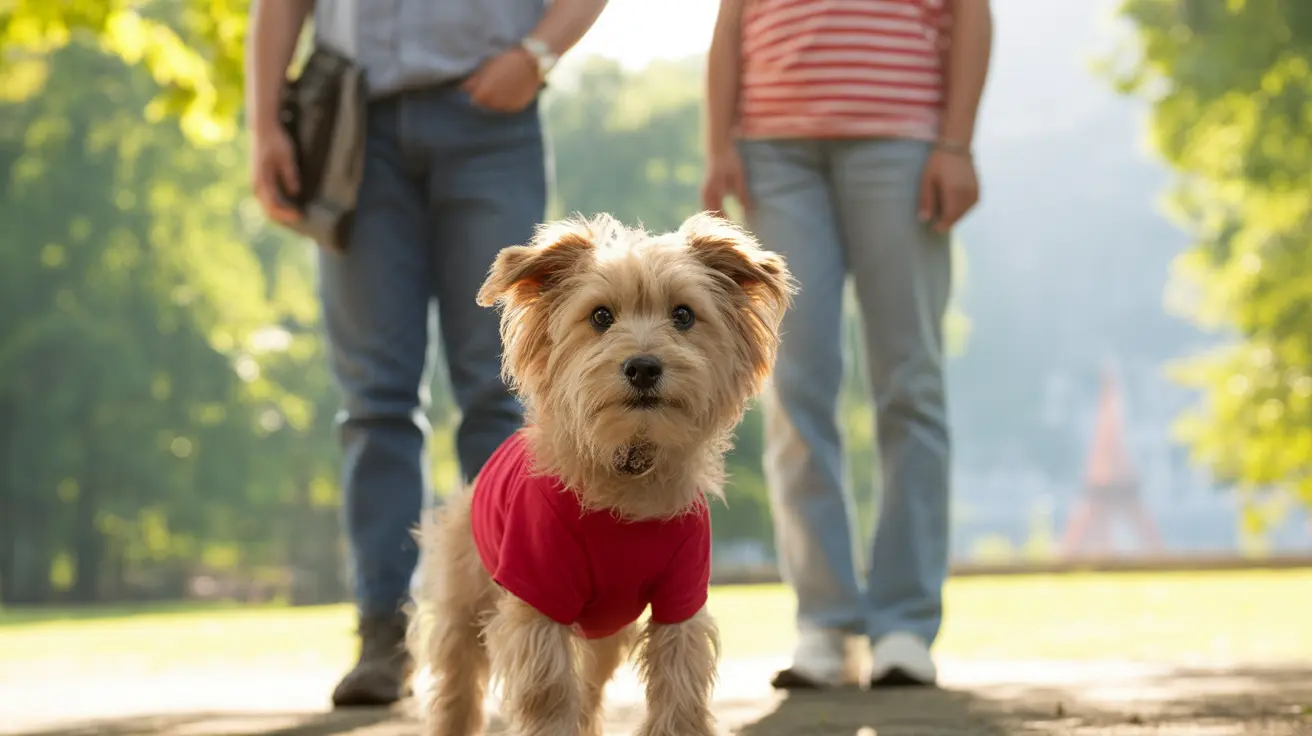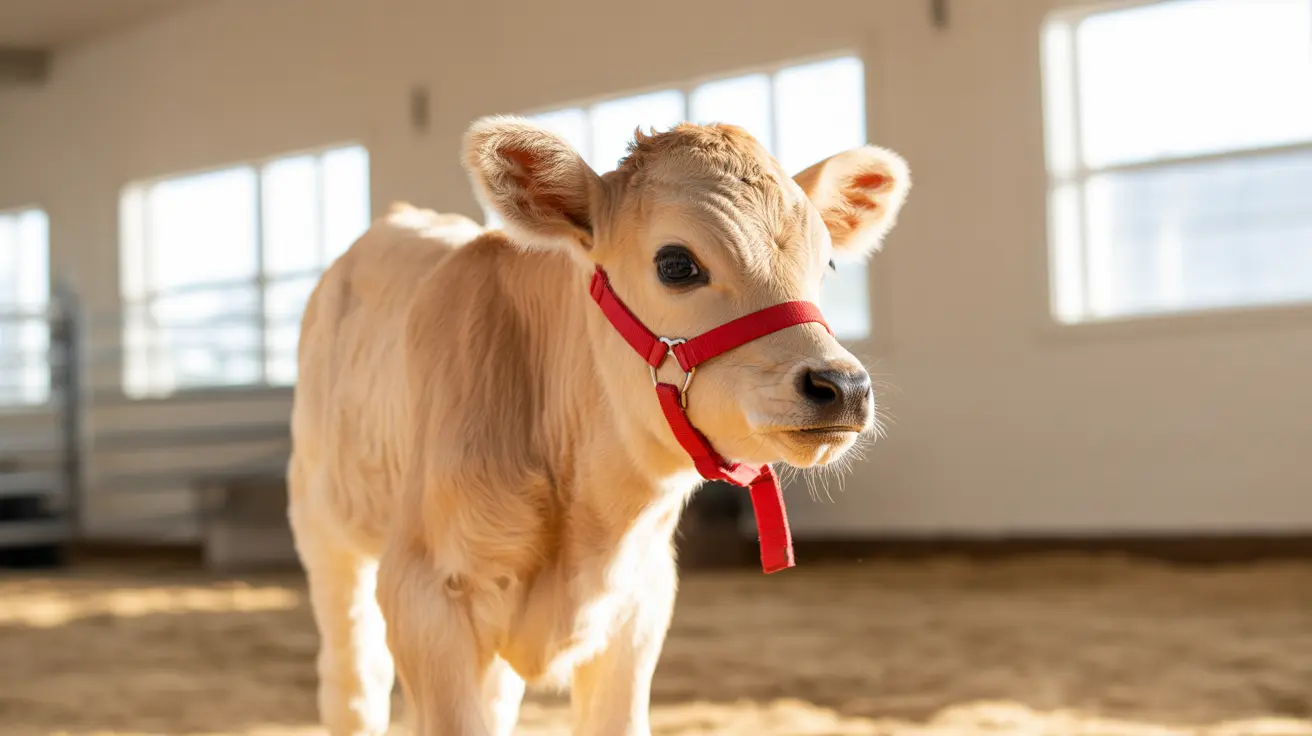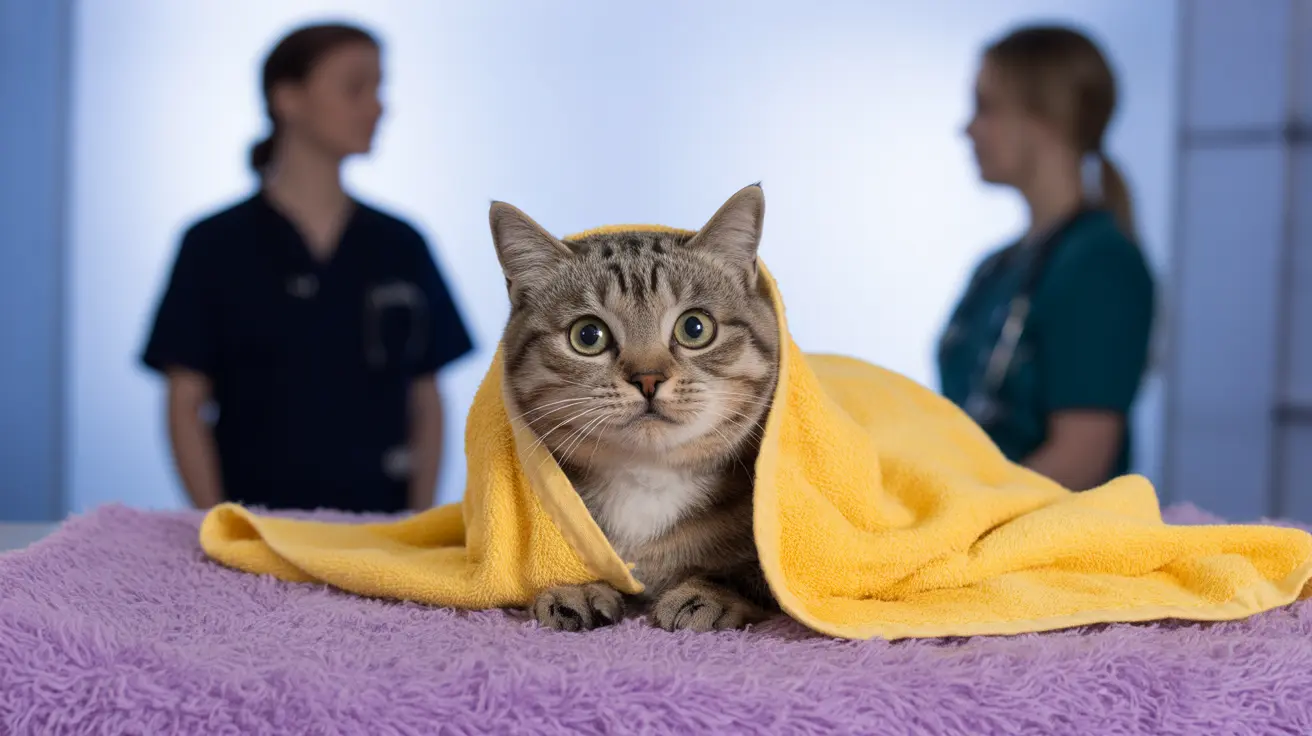Can Dawn Dish Soap Remove Skunk Smell from Dogs?
Skunk encounters can be distressing for both pets and their owners. When a dog gets sprayed by a skunk, dealing with the lingering odor becomes a top priority. The skunk's spray contains sulfur-based compounds known as thiols and thioacetates, which not only smell awful but also cling tenaciously to fur, skin, and fabrics. So, how effective is Dawn dish soap in battling this pungent problem?
Understanding Skunk Spray
Skunks use their spray as a defense mechanism, releasing it from glands near their tail. The spray is:
- Oily and yellowish in color
- Made up of thiols, which have an extremely unpleasant odor
- Capable of spraying up to 16 feet
Thioacetates in the spray are less smelly initially but become more odorous when reacted with water — hence why the smell often re-emerges after a bath.
Why Dawn Dish Soap is Used
Dawn dish soap is commonly recommended in homemade de-skunking solutions because of its degreasing properties. Dawn can:
- Break down the oil-based skunk spray
- Help remove stubborn residues from a dog’s fur
- Complement neutralizing agents like hydrogen peroxide
However, using it alone is typically not enough to neutralize the odor fully.
Homemade Skunk Odor Removal Solution
The most effective method involves a combination of three ingredients:
- 1 quart of 3% hydrogen peroxide
- 1/4 cup of baking soda
- 1–2 teaspoons of Dawn dish soap
This solution should be mixed in an open container (since it can build pressure) and used immediately. It should be worked thoroughly through the dog’s fur, being cautious to avoid eyes and mouth, then rinsed completely after 5–10 minutes. Hydrogen peroxide can bleach dark fur if left too long.
Step-by-Step Response to Skunk Spray
- Keep the dog outdoors to avoid contaminating your home with the smell.
- Check for eye irritation, redness, or watering. Rinse eyes gently with cool water if affected.
- Minimize contact with the dog to reduce odor transfer.
- Wear gloves and old clothes before handling the dog.
- Apply the homemade solution or a commercial skunk odor remover, avoiding eyes and mouth.
- Rinse thoroughly with lukewarm water and follow up with pet shampoo.
- Dry your dog with clean towels in a warm, ventilated space.
Alternative and Commercial Solutions
While the peroxide-baking soda-Dawn method is popular, commercial skunk odor removers are also effective and often avoid peroxide, preserving the dog’s fur color. Apple cider vinegar diluted with water may reduce odor but is less effective.
Remedies to Avoid
- Tomato juice – masks the odor temporarily but doesn’t neutralize it.
- Caustic or harsh chemicals – never apply near eyes, ears, or mouth.
Warning Signs That Warrant Veterinary Attention
In most cases, dogs recover fully, but see a vet if symptoms persist:
- Red, swollen eyes that don’t improve
- Excessive drooling or vomiting
- Lethargy or appetite loss
- Difficulty breathing
- Signs of a bite or scratch — which may indicate rabies risk
Preventing Future Skunk Encounters
- Avoid walking dogs in wooded or brushy areas at dawn or dusk
- Keep dogs leashed during early morning and nighttime outings
- Secure trash cans and store pet food indoors
- Remove clutter and brush piles from your yard
- Install motion-activated lights to deter skunks
- Supervise pets outdoors
Conclusion
While Dawn dish soap plays a vital role in skunk odor removal due to its degreasing abilities, it works best when combined with hydrogen peroxide and baking soda. Most dogs recover quickly with prompt and proper care, but always monitor for potential complications and seek veterinary attention when needed.





